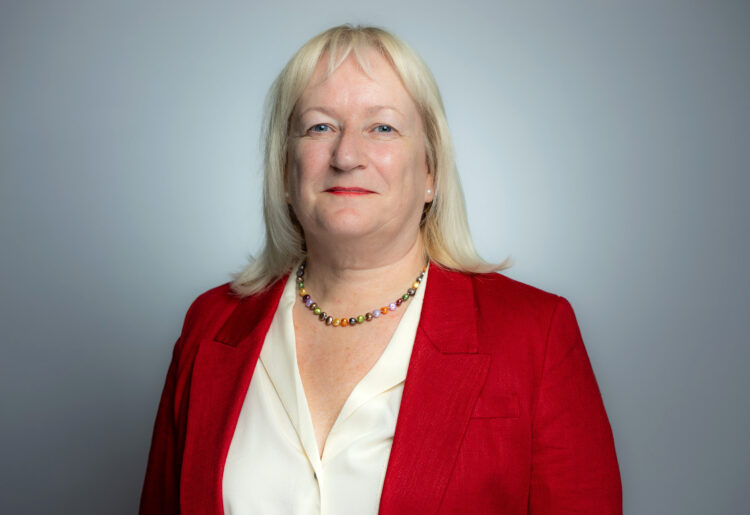Improving air quality is a high priority for the Council as it is something which affects all of us, especially the most vulnerable within our communities.
Air pollution can be particularly harmful to children, older people and those with heart and lung conditions.
There is also a strong link with equality issues, as places with poor air quality are often in the less affluent areas.
Air quality is one of the main reasons why the Council is so keen to invest in public transport and pedestrian and cycling facilities.
The Council has also just finished leading a two-year project taking air quality awareness sessions to schools around the borough.
The Clean Air Living Matters (CALM) programme delivered sessions to around 9,000 pupils in 28 different schools. The team also spoke to almost 900 parents, carers and community members about air quality outside schools.
The Council secured government funding for the programme in 2023 and worked with the University of Reading, engineering consultants Stantec and local social enterprise Design Nature on delivering it.
The programme set out to engage primary and secondary school pupils to increase their knowledge and awareness of air quality, the causes of pollution, its impacts and explore how to prevent it.
It also aimed to increase awareness of poor air quality in the wider community around schools.
The team created a great programme of sessions to help children learn about air quality through a variety of engaging and fun activities. And they were offered to schools free of charge.
Air quality monitors were sent to participating schools, and pupils were able to carry out indoor and outdoor air quality measurements, look at the pollutants detected and explore possible sources.
More than 80 pupils also took part in workshops at the University of Reading, where they watched laboratory experiments and took part in air quality monitoring around the campus.
The team ventured outside of the classroom too, chatting to parents at the school gates about air quality during 50 separate visits.
They also went into the community, attending events such as Reading Cycle Festival and the University of Reading Community Festival.
In total, it is estimated that between 26,000 and 33,000 adults and children engaged in the CALM programme.
There was some great feedback from teachers who were involved in the school sessions and a majority of them chose to keep and continue using their air quality monitor after the programme ended in July.
What is perhaps most pleasing, is that the children taking part became much more aware of their environment within school and also learned to understand more about the causes of air pollution and its effects. This prompted wider discussions about caring for the environment and about what individuals can do to make a difference.
That alone has made the whole CALM programme so worthwhile.
Cllr Liz Terry is the leader of Reading Borough Council























